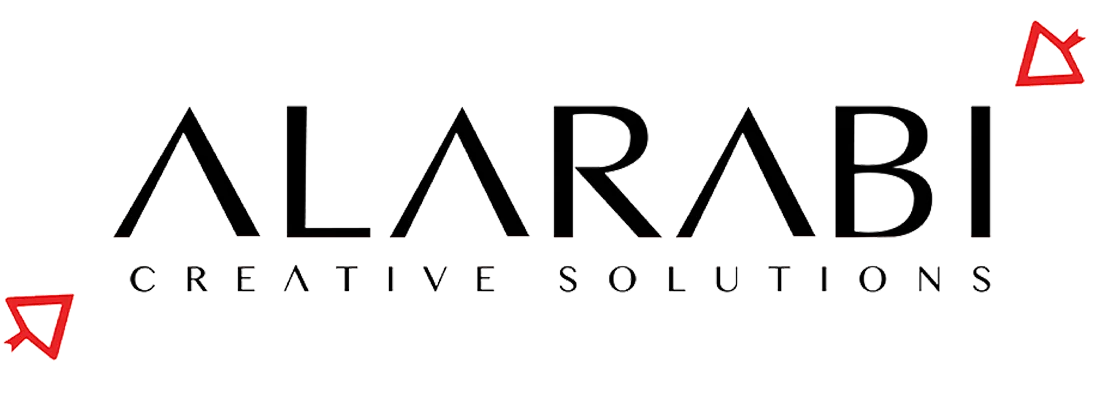Artificial intelligence in marketing is constantly evolving and can offer numerous advantages in data analysis and process automation. However, there is a growing awareness of the risks of relying entirely on it in marketing activities. If you do, you’ll be in serious trouble. In this blog, we explore the importance of keeping human resources involved in marketing operations to ensure success in an increasingly digital world.
What is artificial intelligence in marketing?
Artificial intelligence in marketing is the process of leveraging AI methods and tools such as data models, algorithms and machine learning to produce customer insights that marketers can use to optimize spending, customize content and personalize the customer journey.
The use of AI poses concerns
One problem associated with relying on AI is its inability to filter out biases and prejudices in its responses. This continues to appear as a threat in today’s market setting where people care about a brand’s social reputation.
Additionally, Marketing tools that use AI for gathering personal data are also being closely scrutinized under the legal norms.
Artificial intelligence isn’t programmed to ask for permission before collecting data from customers thus ignoring the privacy policies of most users.
7 Risks of Using Artificial Intelligence in Marketing
Eventual Homogenization
As marketers rely on AI to generate content increasingly, the risk of homogenization grows. This trend contradicts the essence of branding, which thrives on uniqueness and authenticity. To maintain a distinct identity, brands must focus on creating personalized and original content that stands apart from AI-generated norms.
IP and Copyright Violations
Generative Artificial Intelligence in marketing is unclear on intellectual property raises concerns about copyright violations. Until these issues are resolved, it’s safer for brands to use AI-generated content as a tool for research, inspiration, or refining ideas, rather than directly publishing unverified outputs like text, images, or audio.
Loss of human touch
Marketing is fundamentally about building trust and fostering emotional connections. Over-automation can strip campaigns of the personal touch that resonates with audiences, making interactions feel mechanical and impersonal when used with Artificial intelligence in marketing. This lack of authenticity can harm credibility and weaken relationships.
Generic and Uninspired Messaging
While AI can produce accurate material, it often struggles with creativity and originality. Generic material fails to distinguish brands in competitive markets and limits their ability to position themselves as leaders or trusted advisors.
Misalignments And Inaccuracies
AI-generated content may not always align with a brand’s core values or messaging. Errors or inconsistencies can inadvertently harm the brand’s reputation, highlighting the need for careful review and contextual understanding.
A Compromised Brand Voice
Artificial intelligence in marketing is losing the unique tone and personality that defines a brand. We need to ensure that the content created reflects the brand’s true personality and that its uniqueness shines through. Delivering qualitative content is as important as speed. Ensuring that AI-generated content genuinely reflects the brand’s voice is crucial.
A Loss Of Creativity And Originality
Creativity and originality are cornerstones of effective marketing. Artificial intelligence in marketing runs the risk of losing these aspects and can result in uniform content. Imagine if every campaign relied on the same process; your brand’s distinctiveness would fade. AI can be a helpful tool for ideation only, but striking the right balance between technology and human touch is vital for an organization.
Advantages and disadvantages of Artificial intelligence in marketing
Artificial intelligence in marketing advantages
New strides are being made so that digital marketers like you can improve customer interactions and even make better product recommendations. AI can even assist you with content creation and more. Much of what we once had to do manually can be automated efficiently with AI.
Let’s look at the advantages of AI that these marketers are enjoying:
- Improved efficiency
- Fast and accurate customer data processing
- Optimized marketing campaigns
- More Predictable Customer Behavior
- Improved Analysis Of Customer Engagement
- Target Specific Audiences With Ads
- Leverage Marketing Automation To Save Time And Effort
Disadvantages of using AI in marketing
When discussing the challenges of Artificial intelligence in marketing, it’s inevitable to bring up the topic of AI ethics. In this section, let’s go through the other disadvantages of the technology in marketing:
- Data privacy
- Concerns of biases and inaccurate content
- Lack of creativity
- Lack Of Sufficient Infrastructure
- Lack Of Sufficient Data
- Insufficient Budget
- Lack Of Skilled Professionals
Can marketing be replaced by ai ?
No, AI doesn’t replace marketing. AI is transforming marketing by automating tasks and enhancing data analysis. It cannot replicate the creativity, strategic thinking, and emotional intelligence that humans bring to the field. Instead, AI is becoming a tool that empowers marketers, enabling them to work more efficiently and personalize customer experiences.
Is marketing safe from AI ?
Marketing understands human behavior, crafting compelling narratives, building relationships, and strategic thinking—skills AI cannot fully replicate. While AI generates content and automate repetitive tasks, it doesn’t understand brand voice or cultural nuances like AI.
